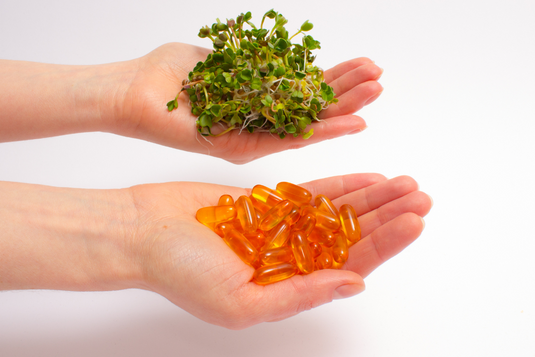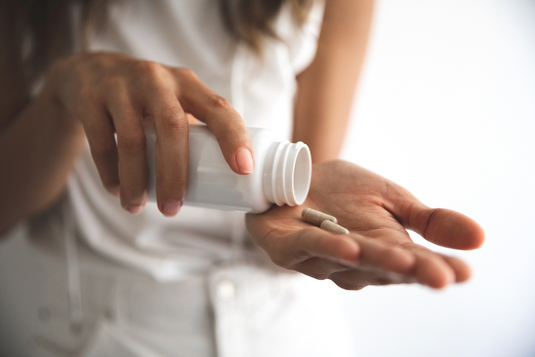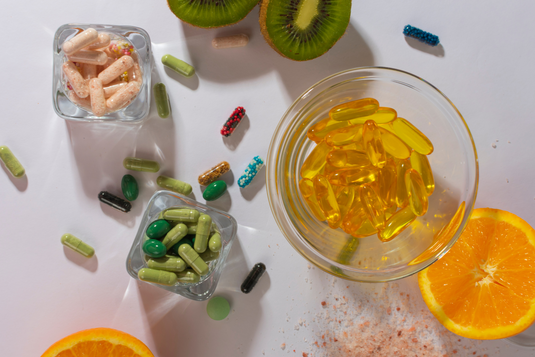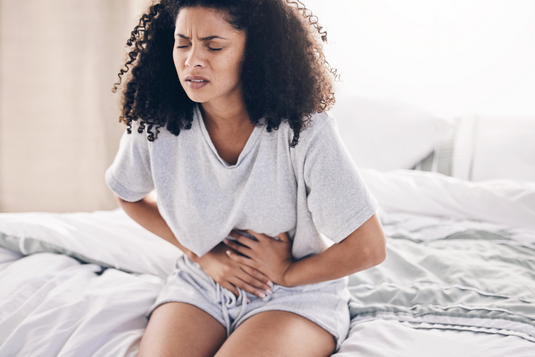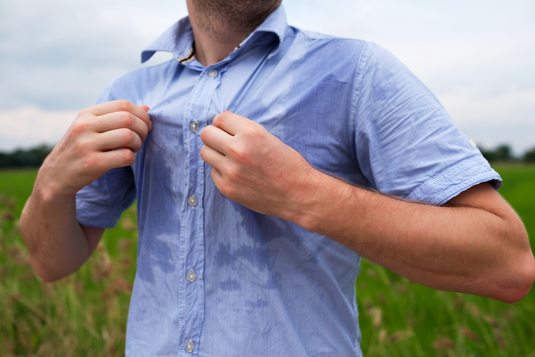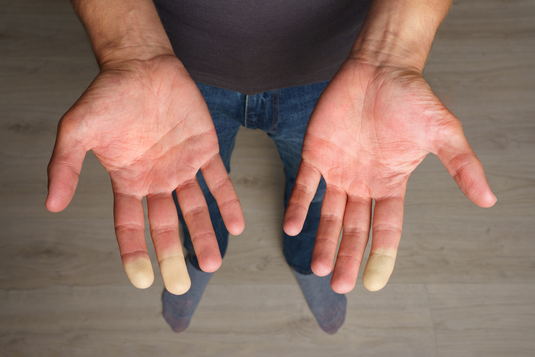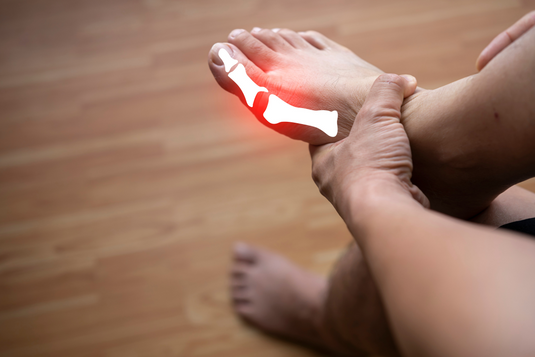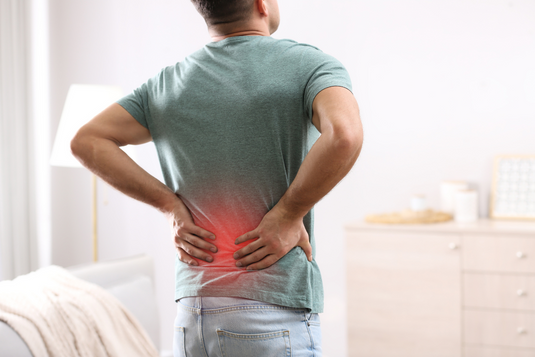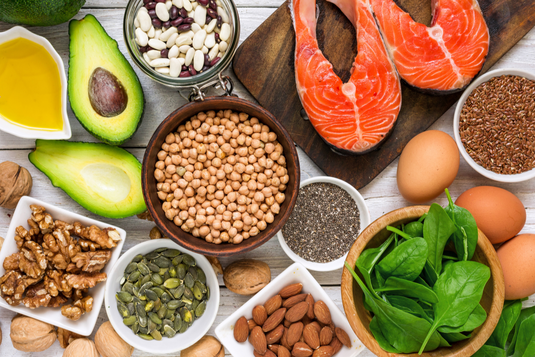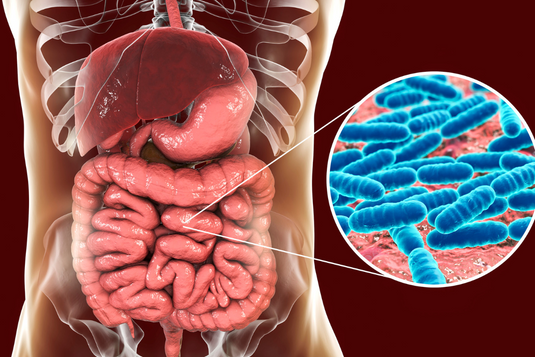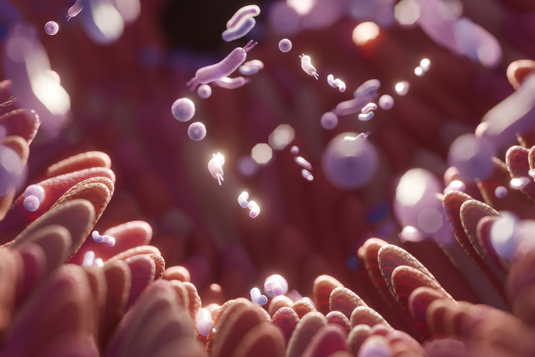As we’ve already discussed, taking supplements is an additional and completely optional step after the cleanse. If you prefer to focus solely on the healing...
Read moreYou’ll notice that almost all of the products Anthony William recommends are individual herbs or supplements. You won’t find a supplement package containing dozens of...
Read moreOne of the most important questions when it comes to the Healer Medium's cleanses is how to combine them with taking nutritional supplements? In this...
Read moreWhy is the world of nutraceuticals (food supplements) experiencing such a boom? Why has this sector gone from alternative to conventional medicine to become almost...
Read moreHundreds of packets of vitamins, minerals, and other seemingly essential nutrients line the shelves of supermarkets, health food stores, and pharmacies around the world. Thousands...
Read moreViruses and bacteria feed on sources that include foreign hormones from animal products and synthetic, man-made substances that we are often exposed to through food,...
Read moreThis condition occurs as a result of overloading a certain part of the brain due to microscopic obstacles in the form of blockages in and...
Read moreAs we have already seen in the article “Eczema and Psoriasis,” different types of skin diseases are caused by different problems in the liver, which...
Read morePeople with varicose veins often mockingly “thank” their ancestors for them. Because we’ve seen these dark, bulging blood vessels on the feet, ankles, legs (especially...
Read moreMany people today suffer from Raynaud’s phenomenon. Symptoms include skin discoloration, sometimes accompanied by tingling and numbness, most often in the extremities. This is due...
Read moreContaminated blood and gout go hand in hand, like a scarecrow in a cornfield, a kitchen knife in the process of cooking, or a horse...
Read moreInflammation can occur for two different reasons, and sometimes for both at the same time. The first reason is physical injury. You fall on the...
Read more